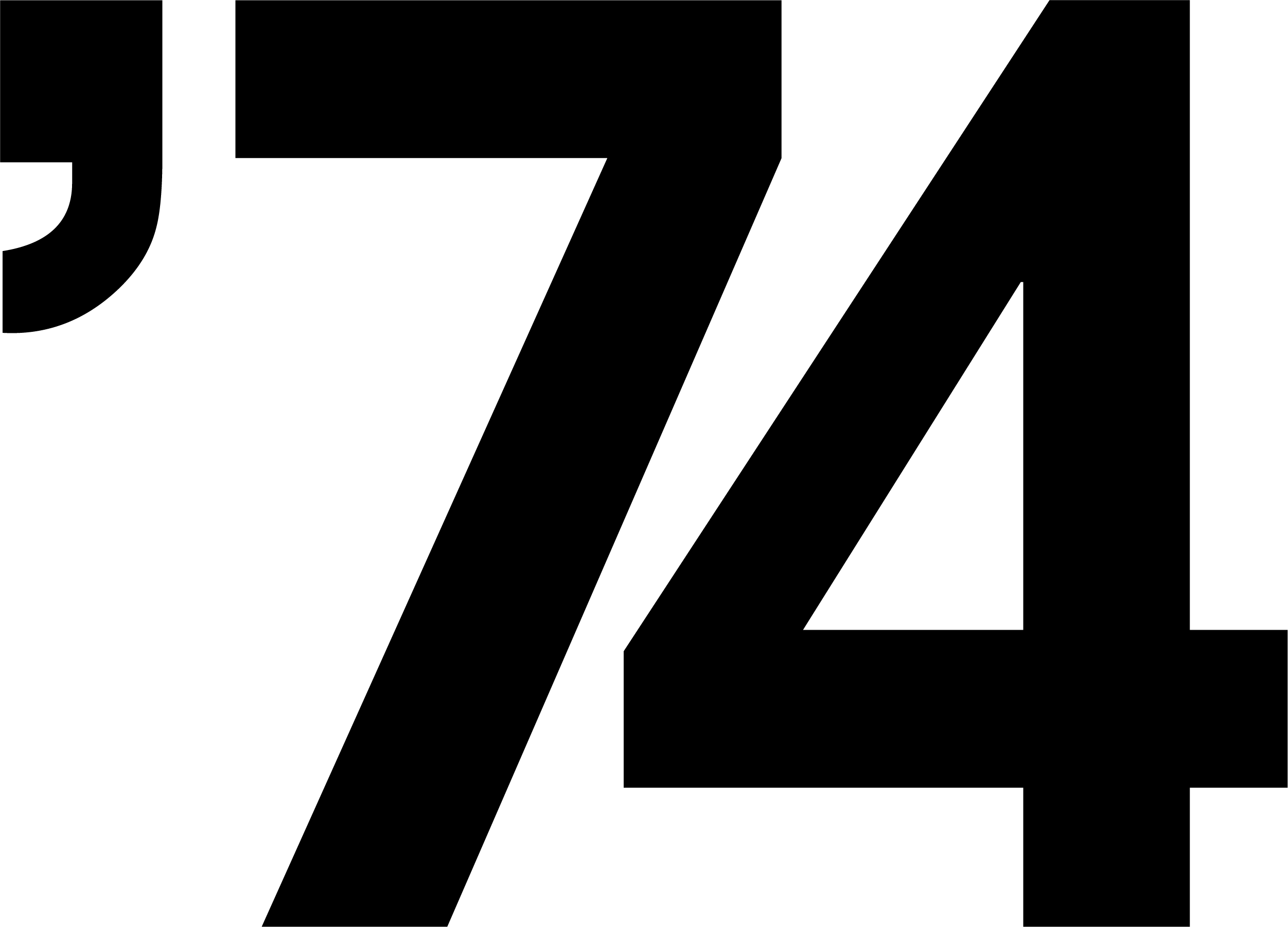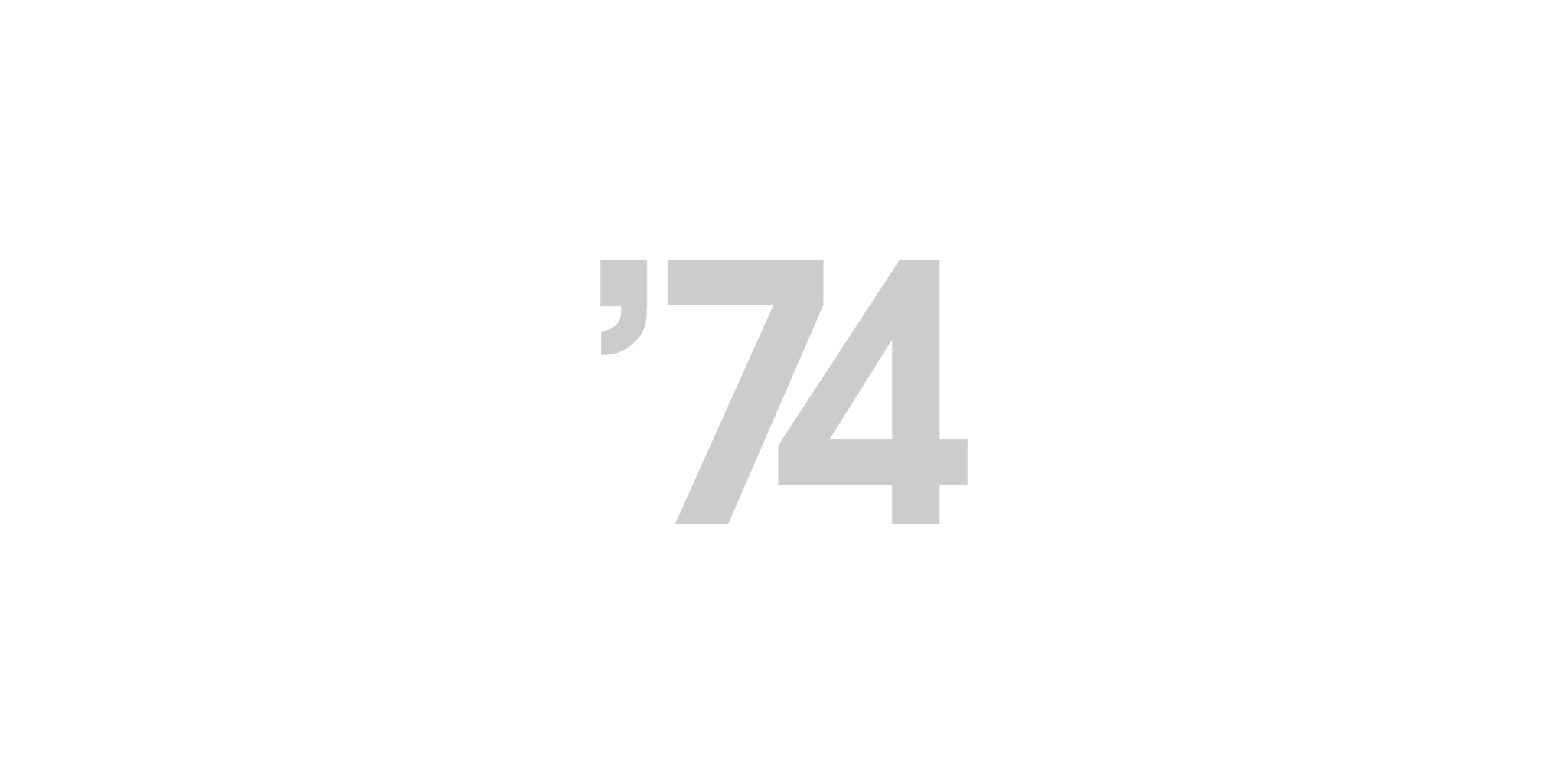From catwalks to art mediums, from political statements to marketing buzzwords we’ve been overhearing about it so often lately; but let’s start with a confession, sustainability is one of the most misused words of this decade.
To understand what it actually is and even re-define, I prefer to focus more in-depth and look carefully at what it is not.
Sustainability is not a popular trend to follow and utilize; it is about our lives and future. It is not a tool to grow further obsessively; it is about being humble and kind. It is not about competition; it is about respect and collaboration.
Sustainability is a mindset.
Beyond standard frames, how would I define sustainability?
First, it is rather holistic than how popularly framed as a corporate path.
It is about living a conscious life, being aware of the impact of our working, living, and consumption habits, of the waste we cause, hence taking responsibility for our choices. Despite the predominant system of compulsory consumption and living in the age of speed, one must seek ways to slow down, realize the essentials in life, and develop a more mindful presence. Sustainability is also highly linked to our relationship patterns; honesty, justice, and respect are vital (and a bit forgotten) elements to integrate it into our personal and professional lives. It is a journey rather than a destination that, day by day, influences people or businesses toward progress and betterment.
Academically speaking, sustainability has 3 main pillars, evaluated by environmental, social, and economic impacts, all need to be handled equally. The main difference between sustainability as a concept or as a mindset is the ability to touch all these pillars, integrate these tools and methods into every single decision, from design to finance.
Having set my professional career path around it and define my role as a ‘sustainability change agent’, I am aware that I have chosen the road less traveled*. It is a purpose-driven road, in this world of profit. It needs extraordinary dedication because it is about embracing brand new disciplines, and eventually, it is about fundamental transformation. What I do at my platform BluProjects is, I inspire and guide organizations with a desire of starting their sustainability journey; by designing their strategical road map and assist them on how to facilitate and communicate with the right literacy. I love what I do and to witness the brand’s transformations.
When it comes to sustainability, the collaboration of like-minded organizations is essential for success. That is why BluProjects has teamed up with ISTANBUL’74, both having a sustainability mindset within a multidisciplinary framework, to inspire and facilitate positive-impact focused solutions.
To understand and perform sustainability practices, looking into nature, and observing the laws of Gaia is a great inspiration and guidance. Gaia concept draws a connection between the survivability of all species in total harmony. There is no waste in nature’s flow, no competition, and hence no scarcity. I feel optimistic about observing the rising desire to reconnect with nature, hopefully activating new possibilities of a mindful age.
The sentence I quoted above about taking the road less traveled and want to close by a paragraph from Rachel Carson’s cult book Silent Spring; ”We stand now where two roads diverge.” But unlike the roads in *Robert Frost’s familiar poem, they are not equally fair. The road we have long been traveling is deceptively easy, a smooth superhighway on which we progress with great speed, but at its end lies disaster. The other fork of the road – the one less traveled by -offers our last, our only chance to reach a destination that assures the preservation of the earth.”

